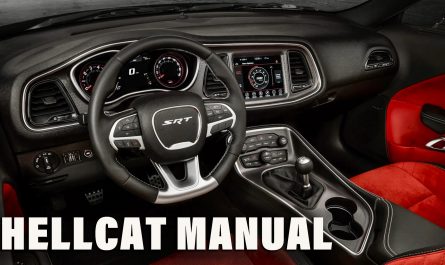Feds Probe 2009 Dodge Journey After Driver Trapped In Vehicle Dies In Tragic Fire
In December 2022, tragedy struck when the driver of a 2009 Dodge Journey died following getting trapped in her car when the electrical method malfunctioned and triggered a fire

In response to a tragic accident that occurred in December 2022, federal regulators have opened a Preliminary Evaluation into the security of the 2009 Dodge Journey. The incident involved the death of the driver, who was allegedly trapped in her car even though it was on fire triggered by an electrical method malfunction. The evaluation will investigate whether or not there are any security defects in the car that poses an unreasonable danger to motor car security.
The National Highway Traffic Safety Administration (NHTSA) initial became conscious of the incident in January 2023. In its summary of details, it describes an occasion in which the driver of a Journey pulled more than to the side of the road following the electrical method in her car began going haywire.
According to a complaint filed with NHTSA, the driver reportedly knowledgeable different electrical malfunctions just before the car caught fire. These incorporated flashing warning lights, wipers turning on, and the horn honking. After pulling more than, the door locks and windows reportedly became inoperative.
Read: NHTSA Is Investigating New Honda Civics With ‘Sticky’ Steering
That prevented the driver from exiting the Dodge Journey when a fire broke out in the engine compartment and sooner or later engulfed the whole auto.
Although it is unclear whether or not a production defect exists in the 2009 Dodge Journey, the Office of Defects Investigation (ODI) has initiated a Preliminary Evaluation, which is the initial step taken by the organization when a possible problem arises.
The ODI will now overview all current details, submit an Information Request to the manufacturer, and conduct an in-depth evaluation to figure out whether or not there is an “unreasonable risk to motor vehicle safety.”
Following the outcomes of the Preliminary Investigation, the ODI may possibly conduct an Engineering Analysis or a Special Crash Investigation. Based on the outcomes of these actions, NHTSA may possibly in the end problem a recall request.
The present scope of its Preliminary Evaluation could impact up to an estimated 82,527 cars.





































